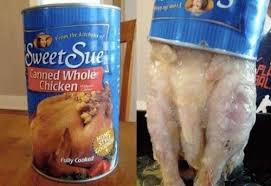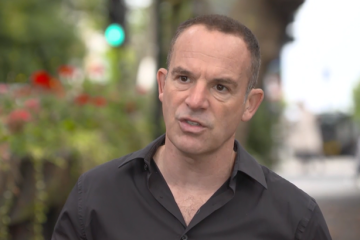The Debate Surrounding Chlorinated Chicken

Introduction
The topic of chlorinated chicken has emerged as a significant point of contention in discussions about food safety standards and international trade agreements. The term refers to chicken that has been treated with chlorine dioxide during processing, a method used widely in the United States. As the UK contemplates trade negotiations, particularly with the US post-Brexit, the introduction of chlorinated chicken into the British food market has raised serious public health concerns and food safety implications.
What is Chlorinated Chicken?
Chlorinated chicken typically involves washing the processed birds with a solution that contains chlorine to eliminate pathogens. Proponents argue that this treatment significantly reduces the risk of foodborne illnesses, including salmonella and campylobacter. However, critics raise alarm about the implications of using such methods, suggesting it could lead to lower food safety standards by masking poor hygiene practices in poultry farms. In the UK, the use of chlorine in meat processing is not permitted currently, reinforcing a strong stance on maintaining high food safety standards.
Recent Developments
In recent months, the UK government has been under pressure from various stakeholders, including farmers, consumers, and health professionals, to resist the inclusion of chlorinated chicken in any trade deals. The National Farmers’ Union (NFU) has taken a firm position against the practice, arguing that it undermines the rigorous animal welfare and food safety policies that the UK has established. Public opinion surveys show that a majority of Britons oppose the importation of chlorinated chicken, reflecting the widespread anxiety about the potential impact on health and downgrading of quality standards.
Looking Ahead
As trade negotiations continue, the debate surrounding chlorinated chicken embodies broader concerns about food safety and quality in the context of post-Brexit regulations. The UK government has reiterated its commitment to maintaining high food standards, indicating that any agreements with countries that employ controversial practices like chlorination will face significant scrutiny. Ultimately, the outcome of this discussion will have lasting implications for consumer choices, agricultural practices, and international relations.
Conclusion
The issue of chlorinated chicken is emblematic of critical debates over food safety and ethical consumption within an increasingly globalised food market. As the UK navigates its post-Brexit trading landscape, it is essential for policymakers to listen to public sentiment and prioritise the health and welfare of its citizens. Moving forward, it will be vital for consumers to remain informed and engaged in discussions that could shape the future of food standards in the UK.







